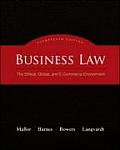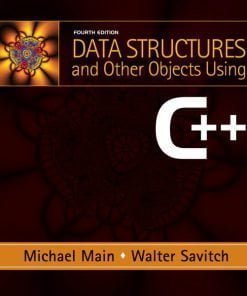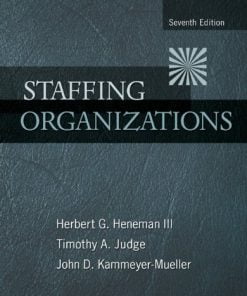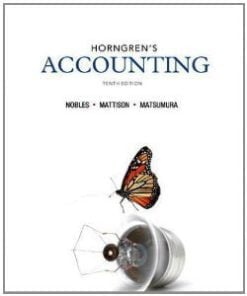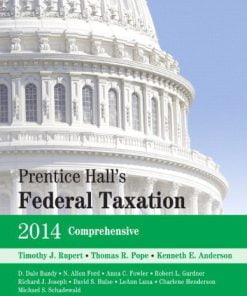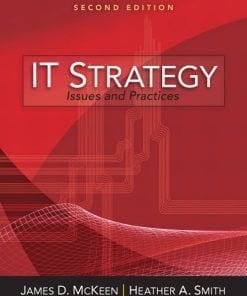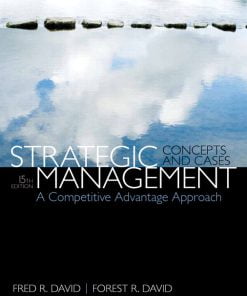Calculus Stewart 7th Edition Solutions Manual
$35.00 Original price was: $35.00.$26.50Current price is: $26.50.
Calculus Stewart 7th Edition Solutions Manual
Instant download Calculus Stewart 7th Edition Solutions Manual pdf docx epub after payment.
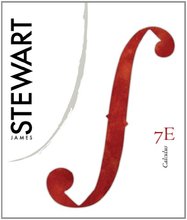
Product details:
- ISBN-10 : 0328693561
- ISBN-13 : 978-0328693566
- Author: James Stewart
Success in your calculus course starts here! James Stewart’s CALCULUS texts are world-wide best-sellers for a reason: they are clear, accurate, and filled with relevant, real-world examples. With CALCULUS, Seventh Edition, Stewart conveys not only the utility of calculus to help you develop technical competence, but also gives you an appreciation for the intrinsic beauty of the subject. His patient examples and built-in learning aids will help you build your mathematical confidence and achieve your goals in the course
Table Of Contents:
A preview of calculus
1. Functions and models
1.1. Four ways to represent a function
1.2. Mathematical models : a catalog of essential functions
1.3. New functions from old functions
1.4. Graphing calculators and computers
1.5. Exponential functions
1.6. Inverse functions and logarithms
Review
Principles of problem solving
2. Limits and derivatives
2.1. The tangent and velocity problems
2.2. The limit of a function
2.3. Calculating limits using the limit laws
2.4. The precise definition of a limit
2.5. Continuity
2.6. Limits at infinity ; horizontal asymptotes
2.7. Derivatives and rates of change
Writing project : early methods for finding tangents
2.8. The derivative as a function
Review
Problems plus
3. Differentiation rules
3.1. Derivatives of polynomials and exponential functions
Applied project : building a better roller coaster
3.2. The product and quotient rules
3.3. Derivatives of trigonometric functions
3.4. The chain rule
Applied project : where should a pilot start descent?
3.5. Implicit differentiation
3.6. Derivatives of logarithmic functions
3.7. Rates of change in the natural and social sciences
3.8. Exponential growth and decay
3.9. Related rates
3.10. Linear approximations and differentials
Laboratory project : Taylor polynomials
3.11. Hyperbolic functions
Review
Problems plus
4. Applications of differentiation
4.1. Maximum and minimum values
Applied project : the calculus of rainbows
4.2. The mean value theorem
4.3. How derivatives affect the shape of a graph
4.4. Indeterminate forms and L’Hospital’s rule
Writing project : the origins of L’Hospital’s rule
4.5. Summary of curve sketching
4.6. Graphing with calculus and calculators
4.7. Optimization problems
Applied project : the shape of a can
Applied project : Planes and birds: Minimizing energy
4.8. Newton’s method
4.9. Antiderivatives
Review
Problems plus
5. Integrals
5.1. Areas and distances
5.2. The definite integral
Discovery project : area functions
5.3. The fundamental theorem of calculus
5.4. Indefinite integrals and the net change theorem
Writing project : Newton, Leibniz, and the invention of calculus
5.5. The substitution rule
Review
Problems plus
6. Application of integration
6.1. Areas between curves
Applied project : the gini index
6.2. Volumes
6.3. Volumes by cylindrical shells
6.4. Work
6.5. Average value of a function
Applied projects : calculus and baseball
Applied projects : where to sit at the movies
Review
Problems plus
7. Techniques of integration
7.1. Integration by parts
7.2. Trigonometric integrals
7.3. Trigonometric substitution
7.4. Integration of rational functions by partial fractions
7.5. Strategy for integration
7.6. Integration using tables and computer algebra systems
Discovery project : patterns in integrals
7.7. Approximate integration
7.8. Improper integrals
Review
Problems plus
8. Further applications of integration
8.1. Arc length
Discovery project : arc length contest
8.2. Area of a surface of revolution
Discovery project : rotating on a slant
8.3. Applications to physics and engineering
Discovery project : complementary coffee cups
8.4. Applications to economics and biology
8.5. Probability
Review
Problems plus
9. Differential equations
9.1. Modeling with differential equations
9.2. Direction fields and Euler’s method
9.3. Separable equations
Applied project : how fast does a tank drain?
Applied project : which is faster, going up or coming down?
9.4. Models for population growth
9.5. Linear equations
9.6. Predator-prey systems
Review
Problems plus
10. Parametric equations and polar coordinates
10.1. Curves defined by parametric equations
Laboratory project : running circles around circles
10.2. Calculus with parametric curves
Laboratory project : Bézier curves
10.3. Polar coordinates
Laboratory project : Families of polar curves 10.4. Areas and lengths in polar coordinates
10.5. Conic sections
10.6. Conic sections in polar coordinates
Review
Problems plus
People also search:
Calculus
Calculus Stewart
Calculus Stewart 7th
Calculus Stewart 7th Solutions Manual
Calculus Stewart 7th Edition Solutions Manual
Related products
Solution Manual
Solution Manual
Solution Manual for Data Structures and Other Objects Using C++, 4/E Michael Main, Walter Savitch
Solution Manual
Solution Manual
Prentice Hall’s Federal Taxation 2014 Comprehensive Rupert 27th Edition Solutions Manual
Solution Manual




